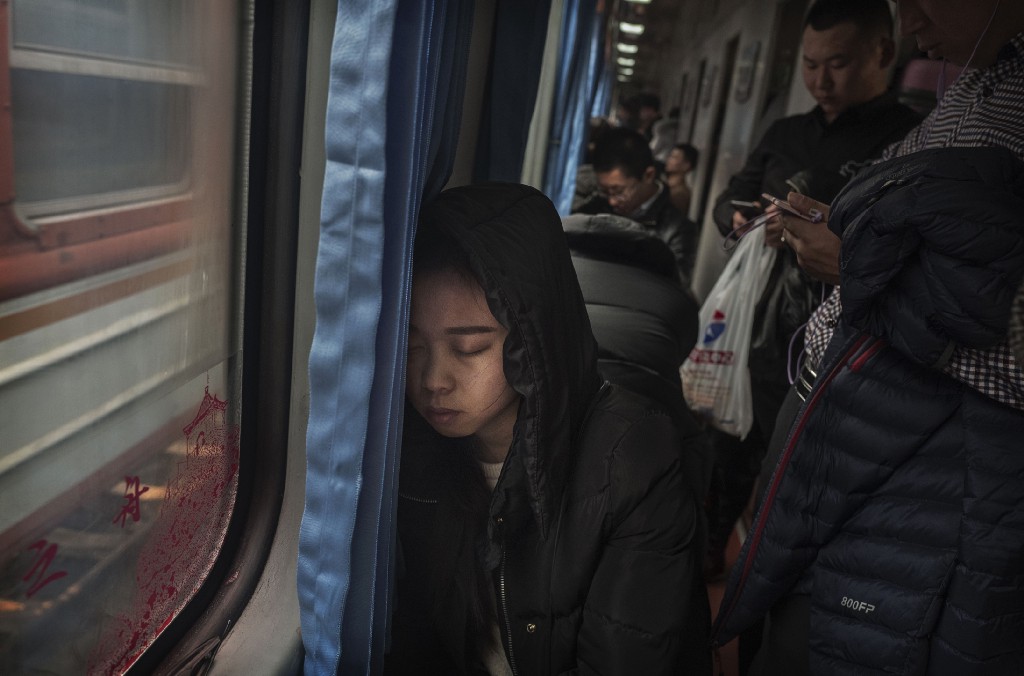There’s A Scientific Reason Why Some People Need Less Sleep

So this is where some people get the energy for their side hustle.
A study published in Science found that a certain gene allows a select percentage of the population to get less sleep than the rest of us.
The culprit is a gene called hDEC2-P385R — or DEC2 for short — and it basically regulates the subject’s circadian rhythm. This is your body’s internal clock that tells you when it’s time to go to bed and when you need to wake up. It also regulates hunger and is linked to bodily functions like hormone production and cell regeneration.
Since DEC2 is so closely related to a person’s circadian rhythm, it makes sense that any sort of mutation would affect sleeping patterns.
The research was done in two parts, with the first focusing on mice. After observing the mice, researchers found that the subjects with a DEC2 mutation required less sleep and “showed increased vigilance time” while awake compared to the control mice.
In other words, the lucky few with this mutation were more efficient with their sleep than those without the mutation.
What’s more, researchers found this phenomenon isn’t contained solely to mice. The second part of the study focused on a mother and daughter who showed signs of a lower reliance on sleep than the average person. According to Scientific American, the duo needs an average of 6.25 hours of sleep to feel fully rested, compared to the eight hours the rest of us require.
People with the mutation that allows for six hours of sleep a night only make up about 5% of the population. While we’re still learning about DEC2, studies like this one could open the doors for scientists to better treat people with sleep disorders.
